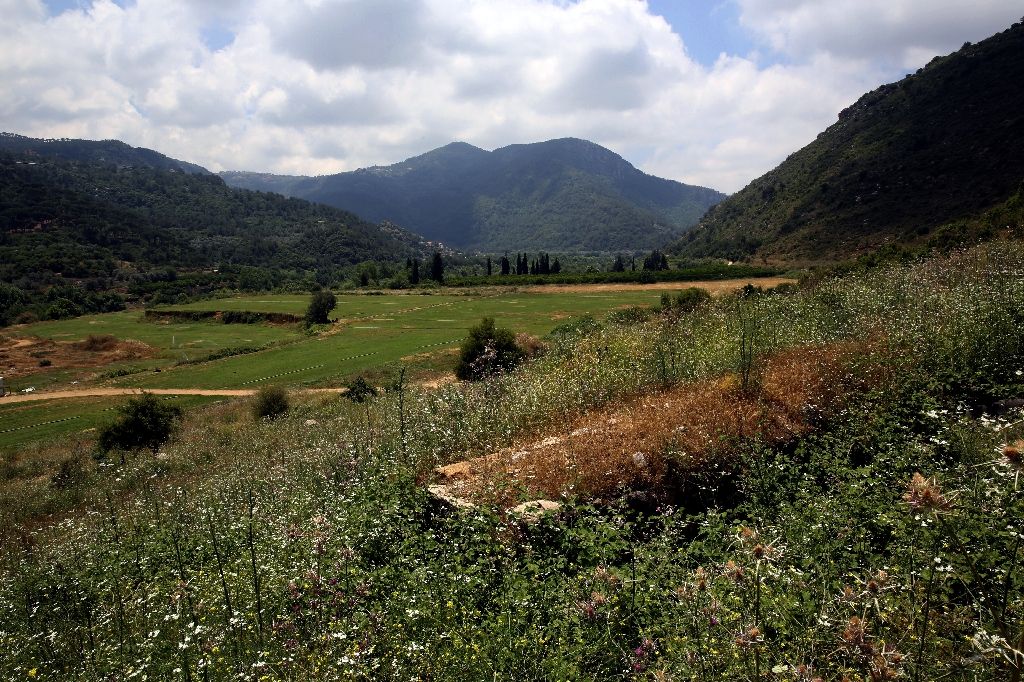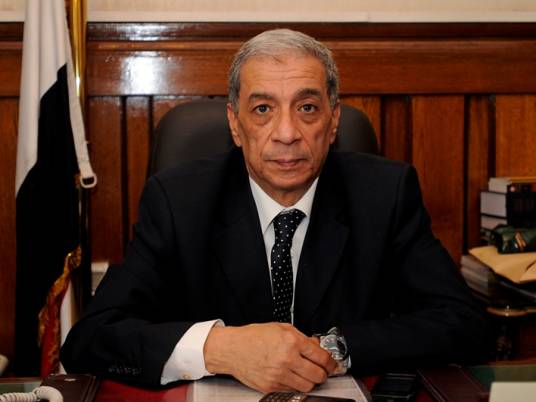Seeing the images of the storming of the State Security Bastilles in Nasr City, Alexandria, Beheira, Aswan, Siwa and elsewhere, it dawned on me that many–including myself–have underestimated the scope of the events of the last few weeks. On 11 February, Egypt got rid of a dictator and his cronies, who all had come to symbolize stagnation and corruption. But it turns out this was just the beginning. What is now being questioned–and, step-by-step, brought down–is a method of governance, raising questions about the very nature of the relationship between citizen and state. And that battle is yet to be won.
After the fall of Hosni Mubarak, it seemed like the military wanted to restore order as quickly as possible. This is a perfectly legitimate aim when it comes to the security situation, but it was a misstep when it came to the institutions of the state. The Supreme Council of the Armed Forces set a six-month deadline for restoring the normal order of things, tasking a committee with quickly patching up the constitution and electoral laws. That committee itself recognized this was an interim measure, and suggested that a new constitution should be drafted within a year. The idea is that this will be handled by the next president and parliament, which will essentially act as a constituent assembly.
This idea has its merits, but it ignores the thirst for immediate justice and the gradual realization of what kind of regime Mubarak (and his predecessors) ran. There were worse dictatorships, yes, but the problem was not simply an aging, authoritarian president, his ambitious son and his corrupt entourage. It was that, for the sake of regime preservation, a sprawling security apparatus collected information on citizens, manipulated them, cajoled and threatened them, humiliated them. State Security did not just, as its role should have been, keep tabs on possible terrorists and criminal networks. It ran Egypt on a day-to-day level, super-imposing itself onto the regular bureaucracy, acting as an intermediary.
While ministries shuffled paper and red tape, state security kept tabs on people. This goes beyond the issue of torture, which it certainly practiced abundantly, or the racketeering, blackmailing and other schemes its officers carried out with impunity. What those who gained access to its offices discovered is that, much like the Ministry of Transport might keep an inventory of its buses and trains, State Security maintained an elaborate database on citizens, the threats they represented, their weaknesses, relationships and other every little detail of their lives.
This process that had its own chilling logic, reminiscent of the “banality of evil” Hannah Arendt chronicled in Nazi Germany, Andrei Almarik in the Soviet Union, Florian Henckel von Donnersmarck in East Germany, or Ariel Dorfman in Pinochet’s Chile. What it boils down to is that a vast bureaucracy existed simply to perpetuate itself and those in charge. Consider the neat categorizations of the population–“Muslim Brothers”, “Communists and human rights activists,” etc.–or the recent allegation that the Ministry of Trade paid a monthly retainer of LE174,000 to its own state security watchers to get them to write positive reports.
Whatever counter-terrorism and other legitimate roles State Security played, this must have been a relatively minor part of what it did: most of its resources were dedicated to the humdrum task of keeping tabs on those Egyptians who, for whatever reason–wealth, political opinion, media influence, foreign connections–posed a potential threat to the regime. In the end, this may have become about more than protecting the president and National Democratic Party bosses: the real power brokers in late Mubarak Egypt were most probably high-level officials at the Ministry of Interior, who ran things even if they weren’t public figures.
To deal with the immensity of this realization (or for many, a confirmation of what they already felt but could not prove), the military will have to adjust its ambitions for the interim period. It is no longer enough to have an adjustment period to a new, hopefully more democratic, regime. There has to be a wider process of national reconciliation and acknowledgement of past crimes if Egypt isn’t to sink into a morass of endless accusations and recriminations.
The population at large will also have to adjust its expectations for how justice will be rendered. If every official and businessman alleged to have committed offenses or engaged in corruption is pursued through the courts, the process will take years if not decades. The main culprits should no doubt be pursued, but something else will be needed to render a sense of justice that so many crave.
A good model to follow would be something along the lines of the truth and reconciliation commissions implemented in South Africa and elsewhere. What Egypt is now experiencing is not like the end of Apartheid, in that it’s not’s about the acts of a distinct group against another. But there is a need to bear witness, in the open and for all to hear, to the testimony of the victims and the confessions of the perpetrators of the fallen regime. It will mean facing some uncomfortable truths, not least of which is the degree to which very few public figures are completely blameless.




